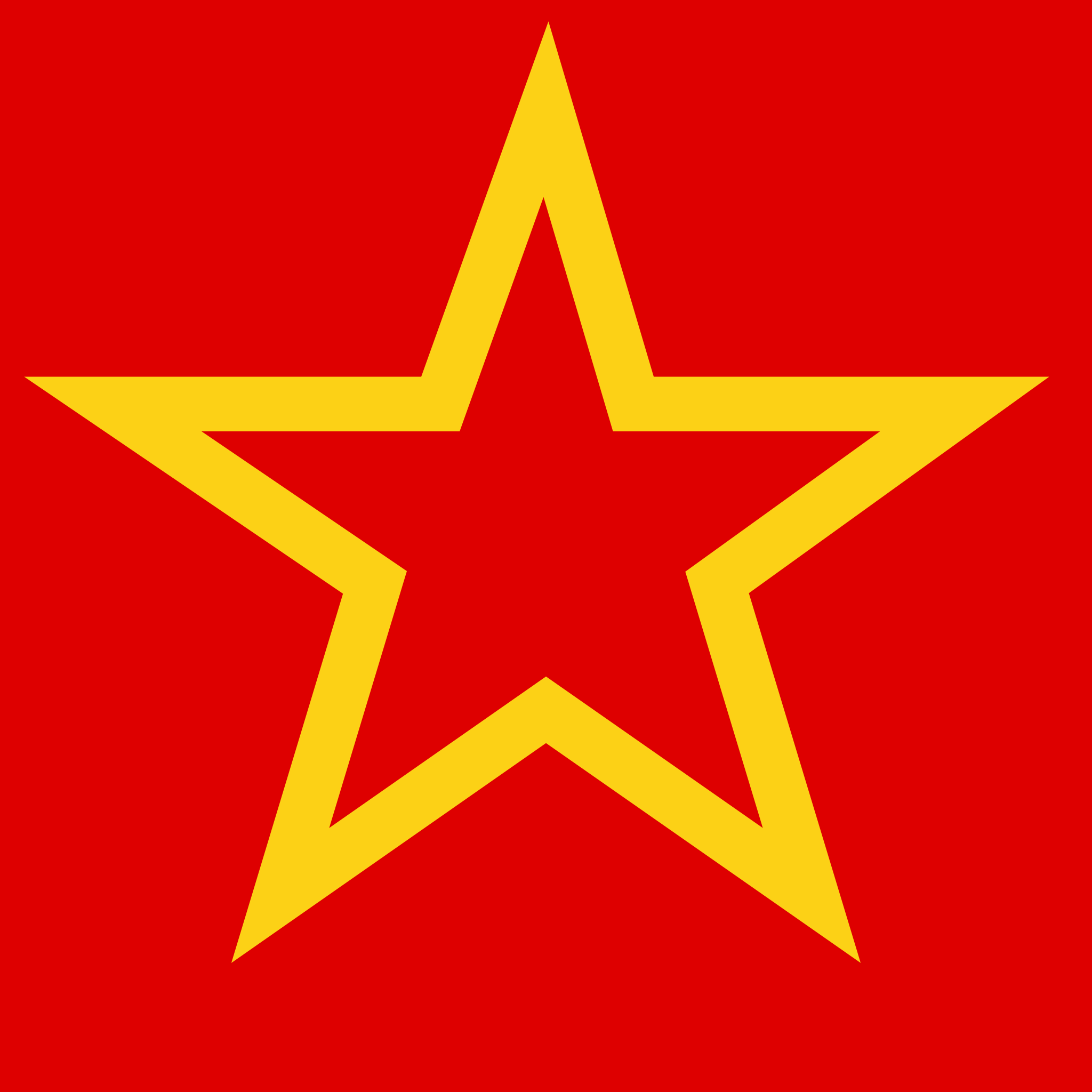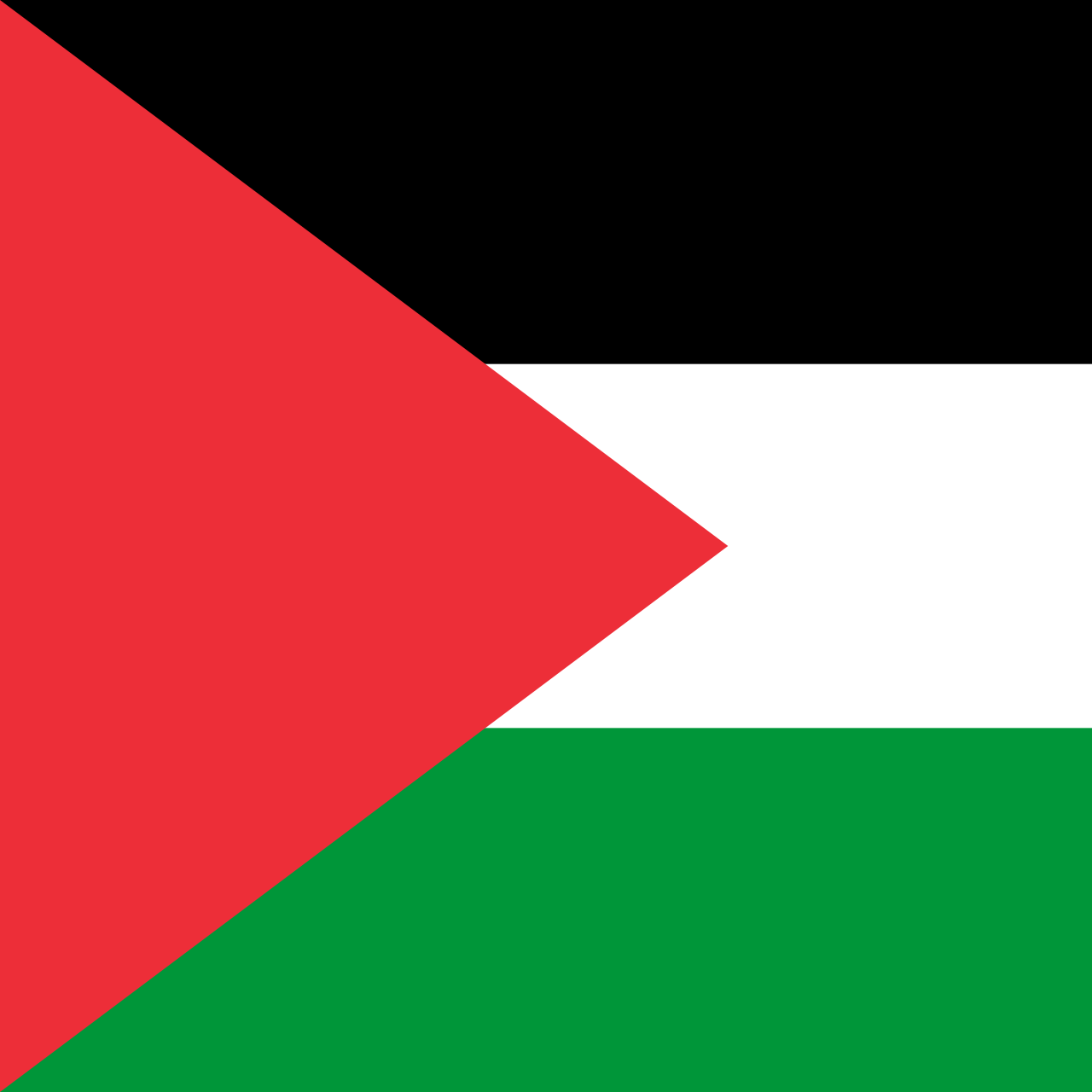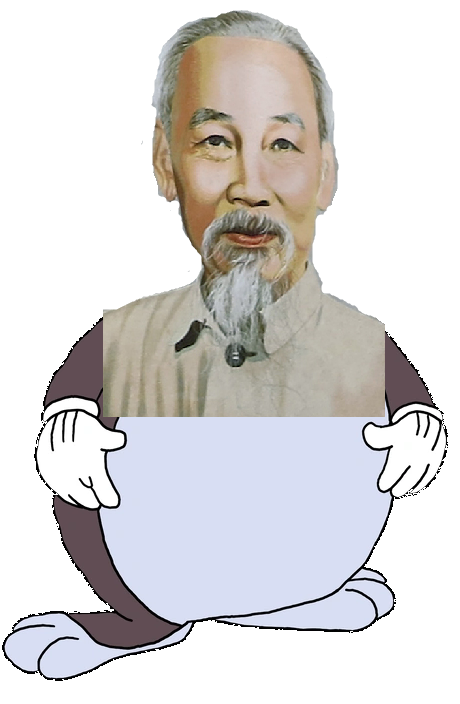I was always under the impression that Gorbachev was a naïve optimist who tried to reform the USSR too rapidly, but failed. So how exactly did he screw up and how could the USSR have been saved?
The more I learn about AES states, the more I think the key to success in early stages of socialism is for central planning the "big stuff" and letting regulated markets (like taxi drivers in Cuba) just do their own thing.
yeah i think it's a mistake to target the big bourgeoisie and the petit bourgeoisie with equal vigor early on. seems like misplaced priorities at best.
Shifting the petty bougs in to workers coops or other democratic workers enterprises seems like a good move. Workers seem pretty capable of handling their own enterprises given proper support.
Some people treat Stalin's writings in a doctrinaire manner, with the result that they cannot analyse and see what is correct and what is not correct -- and even what is correct they treat as a panacea and apply indiscriminately; inevitably they make mistakes. For instance, Stalin put forward a formula that in different revolutionary periods, the main blow should be so directed as to isolate the middle-of-the-road social and political forces of the time. This formula of Stalin's should be treated according to circumstances and from a critical, Marxist point of view. In certain circumstances it may be correct to isolate the middle forces, but it is not correct to isolate them under all circumstances. Our experience teaches us that the main blow of the revolution should be directed at the chief enemy to isolate him, while as for the middle forces, a policy of both uniting with them and struggling against them should be adopted, so that they are at least neutralized; and, as circumstances permit, efforts should be made to shift them from their position of neutrality to one of alliance with us, for the purpose of facilitating the development of the revolution. But there was a time -- the ten years of civil war from 1927 to 1936 -- when some of our comrades crudely applied this formula of Stalin's to China's revolution by turning their main attack on the middle forces, singling them out as the most dangerous enemy; the result was that, instead of isolating the real enemy, we isolated ourselves, and suffered losses to the advantage of the real enemy. In the light of this doctrinaire error, the Central Committee of the Communist Party of China, during the period of the anti-Japanese war, formulated a policy of "developing the progressive-forces, winning over the middle-of the-roaders, and isolating the die-hards" for the purpose of defeating the Japanese aggressors. The progressive forces in question consisted of the workers, peasants and revolutionary intellectuals led by, or open to the influence of, the Communist Party. The middle forces in question consisted of the national bourgeoisie, the democratic parties and groups, and democrats without party affiliation. The die-hards referred to were the comprador-feudal forces headed by Chiang Kai-shek, who were passive in resisting the Japanese and active in fighting the Communists. Experience, gained through practice, proved that this policy of the Communist Party suited the circumstances of China's revolution and was correct.
https://www.marxists.org/history/international/comintern/sino-soviet-split/cpc/hedp.htm
The same is true with cities by the way. Plan the subway systems, bikeways, streets, freight delivery, utilities, etc, but if you try to centrally plan every building in the whole city you're gonna have a bad time.
AC can literally be a lifesaver and is a must for large shared spaces, but an electric fan and shade is good enough in most conditions. I've relied on just electric fans for most of life in the southern US, and still only rely on one when I'm sleeping and it stays comfortable even when the temperature inside climbs up to around 90F (32C).
The air just moving over your body is huge at higher temps (that are still lower than body temp).
The take home message is that the state does not need to plan how the production for clothings, refrigerators, fans, washing machines, furnitures, or food services should be organized. This should be left to the people’s owned industries, while generously supported by state lending programs. On the other hand, key sectors that require massive investment and resource allocation do benefit greatly from state planning.
This sounds halfway between keynsianism and total state monopoly or do i misunderstand?
thanks for the thoughtful response
As for the artels (small local businesses), there are also multiple layers of councils and unions that regulate their activities. For example, you cannot have more than 20% of employees that do not possess the artel membership. The artel members also elect the head of their artels - effectively turning those businesses into cooperatives. They are allowed (mostly) unrestricted access to procure raw materials from the state for their needs, set prices based on contracts with their customers, manage their own finances etc. The point is to stimulate domestic industries that produce and diversify soft consumer goods to provide for the Soviet people (and also for exports).
I found this part particularly interesting because it shows that the soviet economic policy had a lot more nuance to it than it is generally given credit for.
There's some relation to dirigisme economies but as granit points out the state has much more involvement and the small businesses need to be structured according to solo sole trader or co-op models.
Why did the Soviet Union disintegrate? Why did the Communist Party of the Soviet Union fall to pieces? An important reason is that in the ideological domain, infighting is fierce! To completely repudiate the historical experience of the Soviet Union, to repudiate the history of the CPSU, to repudiate Lenin, to repudiate Stalin was to cause chaos in Soviet ideology and engage in historical nihilism. It caused Party organizations at all levels to have barely any function whatsoever. It robbed the Party of its leadership of the military. In the end the CPSU—as great a Party as it was—scattered like a flock of frightened beasts! The Soviet Union—as great a country as it was—shattered into a dozen pieces. This is a lesson from the past!
—Xi Jinping, 2013
Too many reforms all at once.
If you want to implement market reforms, perestroika style, then you need to have an iron grip on political power.
If you want to implement media and political reform, glastnost style, then you need to have a stable economy.
Upend both at once and it becomes a feeding frenzy of corruption and foreign influence.
He got western brain and believed in efficiency of the markets, which allowed people to extract money from insane disbalances between prices in the factories and black market. So factories balance sheets got completely fucked, but they couldn’t raise prices, because they have government mandates, and have to sell stuff.
He should have done either: central planning (now with computers), internet (now with ogas) and cybersyn, switch to labor accounting and do market, return factory control to unions and decentralize, don’t do afghanistan outside of sending weapons, send out dissidents, allow second party on slightly different platform, return power to local ssr (stop russian chauvinism shenanigans)
Considering popularity of ussr on the eve of dissolution, they would have shed maybe eastern europe (but they weren’t in ussr in any case) with two parties, but second party could have easily be constructed to be trotskyite or anarchist (I.e. something that’s not very attached to the west).
They were brainwormed at the top and middle, but not at the bottom. Local ssr is hard to navigate, considering absolute rot they were in, but it would have been better if they have done it via local sortition among workers of the ssr
if gorby and other leaders had had the stomach--even everything else being equal--they could've saved the bloc. if the east had been a fraction as brutal and freedom-hating as the yankees would have us believe they never would've been dismantled.
He empowered socdems and liberals and looked to them for policy advice after his own ideas turned out terribly. It's important to note that he wasn't acting alone, but both relied on and was guided by a bloc of liberal revisionists whose comparative privilege gave them reactionary brainworms.
What could he have done differently? Pretty much just not what he did: working with the more dedicated socialist bloc instead of browbeating them into working with the liberals, sticking with Andropov's reform program instead of replacing it with a liberal reform program, etc. Even just taking action to prevent Yeltsin from consolidating power when the hardliners gave him the chance and looked to him for leadership likely would have prevented the dissolution of the USSR. His actions were a perfect storm of naivety, incompetence, and inaction in the face of crisis.
From what I have read and heard on podcasts, in 1986 it was by no means a foregone conclusion that the USSR would collapse. Things were kind of ok. If some alien Marxist from another planet were to land on earth in 1986 and do a deep study on the current situation, they'd probably conclude there were deep, potentially fatal problems in the Soviet system but things could still be turned around.
If the USSR was a like a person who was sick and needed life-saving surgery, then the right person for the job would a skilled surgeon who can delicately make the needed cuts. Gorby, though well intentioned, was like a clown doc with a chainsaw. His reforms were the wrong ideas that also were executed poorly, so a double whammy.
The answer is very complex. I recommend you read these: Why Doesn't The Soviet Union Exist Any More?, and Socialism Betrayed: Behind the Collapse of the Soviet Union, by Roger Keeran and Thomas Kenney. I'd also recommend the book Collapse by Vladislav Zubok, but I don't have a PDF for that.
He had big ideas but was honestly terrible at politics. Once he opened the political discourse he quickly found himself being opposed by both the anti-petrastroika conservatives and more radical liberals mad that Gorby wasn't going far enough with the reforms (basically those who wanted a full western bourgeois democracy).
He also had to deal with Chernobyl like a year into his reforms and totally botched it. It looked like a failed cover up to people afterwards but really Soviet officals were was just so confused about what was happening and in the first couple days. A lot of that was due to people trying to cover their own ass but Gorby didn't step in with any kind of leadership until west basically called him and explained what was going on in his own country. Wasn't a good look especially for the "transparency first" leader.
Even when the conservative coup happened in 91 to try to save the union Gorby didn't endorse the coup like they asked, but he didn't even oppose it either. He just kinda pouted while events played out around him. So not even the radical liberals had a place for him in the end even though he basically helped them overthrow the country unknowingly. They only gave him a pension not linked to inflation so he gets like $20 a month from the former USSR states now lol. Just terrible political survival instincts.
that's part of the problem not everything Stalin did should have been carried on forever. If Stalin said to pass the salt you wouldn't build a salt mine and continue funneling salt at him eternally.
a state needs to adapt to changing circumstances and it cannot do that if it follows the leadership of a dead man. Stalin when he was alive was a great socialist but Stalin's ghost was not a capable leader
Like everyone everywhere, no one is above critical examination, this includes Marx, Lenin, Stalin, and Mao. They all had their flaws and their great ideas both. But no one should ever uncritically parrot everything they did.
Cause not all of their ideas were all that great. :v But if they weren't capable in some fashion the USSR wouldn't have lasted as long as it did. A country should be lead by people who are adapting to the material conditions the people find themselves in.
Khrushchev had a problem to turn the USSR from the industrial economy it had under Stalin to the technological power it needed to become a lot of Stalin's policies regarding policing needed to be changed. However Stalin had been built up into such a legend that this legend would not allow changes to be made without Stalin loyalists turning on the new leader of the soviet union
When he was alive Stalin was an able economist and for all his other flaws a commited socialist but Stalin was dead and a dead man cannot be in charge anymore or the country would become a mausoleum to him.
Khrushchev was smart enough to appreciate the problem but not quite smart enough to solve it non destructively and after him the leaders of the Soviet union had less and less actual education in Marxism
It was probably impossible to save the Soviet Union. The soviet Union couldnt keep up with production levels of western countries and outsourcing to china made it too competiive. Even if the soviet union survived, it would have been a shell of its former self (the referendum people used for to show that it was 'illegally' dissolved would have just put their country in more liberal terms and would have likely legalized private owenership). Gorbachev was very successful at overthrowing the dictatorship of the proletariat and letting the entire country be looted.
https://www.noemamag.com/how-china-avoided-soviet-style-collapse/ you would probably like this article. my answer is very cynical compared to the others so it might be an appreciated alternative perspecitve.
Too much ink spilled on this, better answer letting the us decide world trade was gonna be done with dollars was dumb, not countering the cia in the 40's after the war sealed the deal they would have had to do what China is doing now, to survive they also would have to do things that destroy the country to keep it going. Like just doing a massive class war in the us instead of turtling for 50 years.











